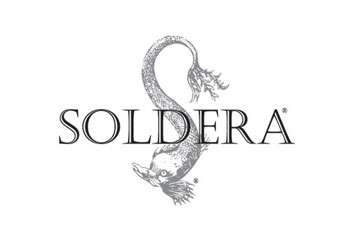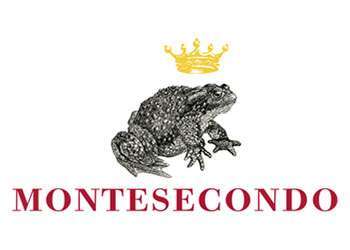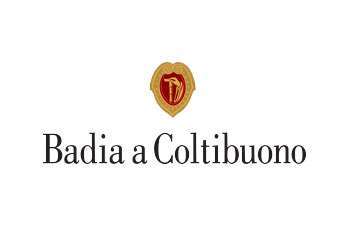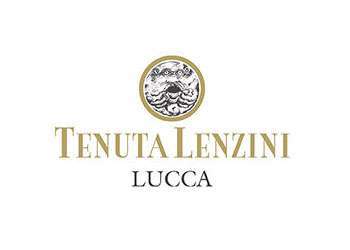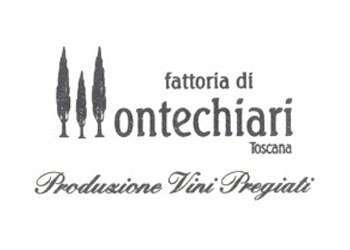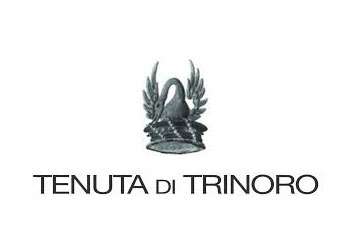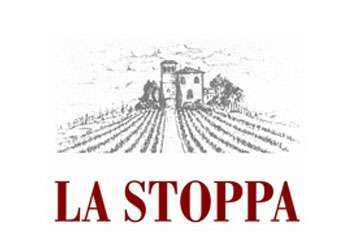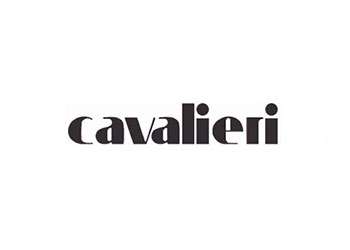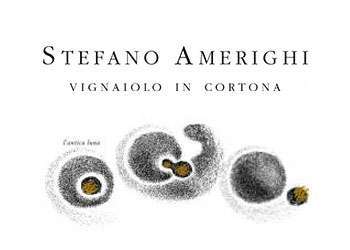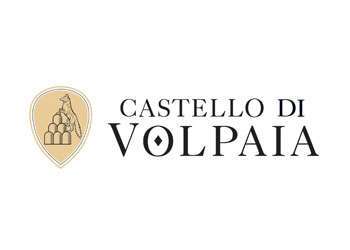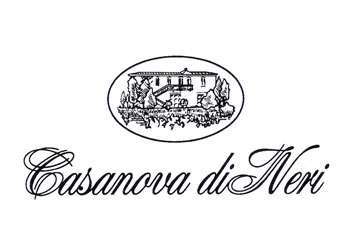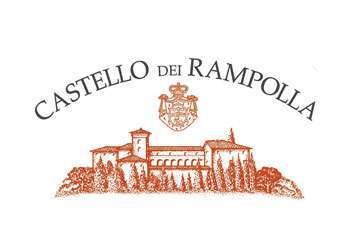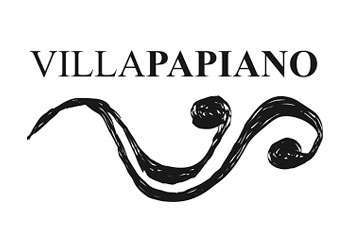Having a balanced diet and eating well during pregnancy means having a good variety of foods. This will ensure you have the energy and nutrients you and your baby need during pregnancy.
Eating well is always important, but during pregnancy it can support your health and the health of your baby. It can be hard to think about eating well if you are feeling sick or tired and do not feel like spending time cooking. Don’t put too much pressure on yourself and focus on trying to have a variety of foods from the different food groups every day.
Despite the common myth, you do not need to ‘eat for two’ now you’re pregnant. Managing the portions you eat is a key part of eating a balanced diet. When it comes to eating well, try to focus on keeping it simple. Avoid eating packaged ultra-processed foods that have sugar and salt added. Instead, choose foods that are unprocessed or minimally processed, including:
- fruit and vegetables
- pulses, nuts and seeds
- meat, fish and eggs
- milk, cheese and yoghurt
- foods such as potato, rice and pasta.
It is also important to be aware of some foods and drinks you should avoid during pregnancy. This is because they can cause an increased risk of problems for you and your baby.
Some people feel that they are struggling to eat well during pregnancy for different reasons, including feeling sick or reasons related to mental health. If you feel you need some support, speak to your GP or midwife.
The Eatwell guide
On average, women should have around 2,000 calories a day. If you are in your third trimester of pregnancy you may need to eat an extra 200 calories depending on how active you are. The NHS has created an Eatwell Guide to help you understand how much of each food group should make up these 2000 calories. You do not need to follow these proportions for every meal, but try to get the balance over a day or even a week. Understanding food labeling can help you choose a healthy mix of foods when you are shopping.
Fruit and vegetables
Try to eat at least 5 portions of fruit and vegetables a day. It’s best to eat a variety of colours and these can be fresh, frozen, dried and canned. They are also a good source of fibre, which helps prevent constipation, a common problem in pregnancy.
If choosing canned fruit or vegetables, go for those in water or fruit juice without added sugars or salt.
What if I don’t like vegetables?
Try some raw vegetables, such as carrots and peppers, or sweeter vegetables, such as sweetcorn. You could also add chopped or blended vegetables into sauces or stews made with tinned tomatoes. You probably won’t even notice it. If you keep trying different vegetables, you will probably find that you and your family learn to like them more.
Fruit and veg don’t have to be expensive
If you choose fruits and vegetables that are in season, they are often cheaper. Look out for offers at the supermarket or your local greengrocer. Loose fruit and vegetables are often cheaper than pre-packed. Market stalls can offer great value for money, as can local vegetable and fruit box schemes and farmers markets. You can also find out whether you are eligible for Healthy Start food vouchers, which can be put towards fruit and vegetables.
Meat, fish, eggs, beans and other plant-based sources of protein
Protein builds new tissue for bones, muscles and organs, so it is vital to help your baby grow. There are lots of good sources of protein:
- beans
- pulses
- fish
- eggs
- meat (but avoid liver)
- poultry
- nuts.
Plant-based sources of protein like beans, chickpeas and lentils are great for your diet. They are naturally low in fat, and provide protein, fibre, vitamins and minerals. They can also count as one portion of your 5-a-day. If you follow a plant-based diet, you may need a supplement of vitmain B12, as meat is usually the main source. We have more information about having a healthy, balanced diet if you follow a vegetarian, vegan or plant-based diet.
If it is in your diet, aim to have 2 portions of fish each week. One of them should be an oily fish like salmon, sardines or mackerel. There are some types of fish you should avoid if you’re pregnant, or trying to conceive. http://kinggimp.com/
Eggs produced under the British Lion Code of Practice (stamped with the red lion) are safe for pregnant women to eat raw or partially cooked. If they are not red lion stamped, eggs should be cooked through. Find out more about eating eggs during pregnancy.
If you eat meat, choose lean cuts and try to eat less red and processed meat (such as bacon, ham and sausages). Find out more about some healthy food swaps you can try during pregnancy. Make sure all meat is cooked thoroughly and that there is no pink meat.
Bread, rice, potatoes, pasta and other starchy foods
This group also includes foods such as couscous, polenta, yams and other grains and starchy roots. Starchy carbohydrate foods are packed with energy and they should make up just over a third of the food you eat.
Choose wholegrain, wholemeal or multigrain versions of foods such as bread, rice and pasta. These will give you more fibre and other nutrients, and can make you feel fuller. You can leave the skins on potatoes when you cook them as well – it is cheaper, easier and more nutritious!
Milk and dairy foods
Dairy foods include milk, cheese and yoghurt. There are some cheeses you should avoid during pregnancy.
Dairy foods are a good source of calcium, which is important for strong bones and teeth. It is best to choose low or reduced-fat versions where possible. If you prefer dairy alternatives, such as soya drinks and yoghurts, go for unsweetened, calcium-fortified versions.
Healthy Start: help with healthy food during pregnancy
Healthy Start is a government scheme in England, Wales and Northern Ireland. The scheme offers vouchers to young pregnant women (under 18 years of age) and low income pregnant women or families with children under 4 years of age. These vouchers can be used to buy certain foods and vitamins and you must be at least 10 weeks pregnant to receive them.
A similar scheme called Best Start Foods operates in Scotland. Find out more about these schemes on the First Steps Nutrition website.
I’m finding it hard to eat a balanced diet as so many foods make me feel sick. Could this harm my baby?
Many women feel sick during pregnancy, particularly in the first 3 months. When you are being sick quite often, it can feel like you are not providing your baby with the right nutrition. Try not to worry, there is no evidence that pregnancy sickness affects your baby’s nutrition. If are experiencing more extreme sickness and can’t keep anything down, you should talk to your midwife.
Try eating small amounts often to avoid your blood sugar levels getting too low. There is some scientific evidence to suggest foods or drinks containing ginger help with mild to moderate pregnancy sickness.
...


